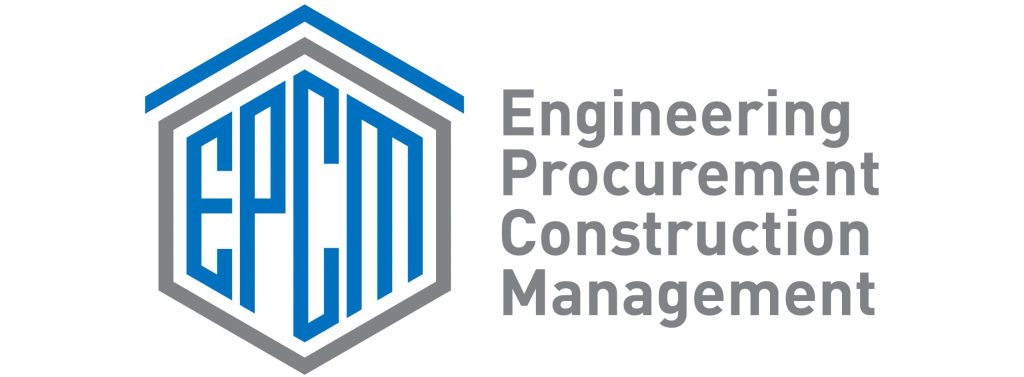The world of EPC (Engineering, Procurement, and Construction) is undergoing a digital revolution. Cutting-edge technologies like Building Information Modeling (BIM) and cloud computing have already transformed how projects are planned and executed. But a new wave of innovation is taking center stage: the concept of digital twins.
What are Digital Twins?
Imagine a virtual replica of a physical asset – a power plant, a refinery, or even an entire city – existing alongside its real-world counterpart. This is the essence of a digital twin. These virtual models are not mere 3D renderings; they are dynamic, data-driven representations that mirror the physical asset in real-time. They incorporate engineering data, sensor readings, and operational information to create a comprehensive digital representation of the asset’s performance, behavior, and condition.
Revolutionizing Project Management in EPC
So, how are digital twins revolutionizing project management in the EPC industry? Here are some key benefits:
- Enhanced Planning and Risk Assessment: Digital twins allow engineers to virtually test designs, simulate construction processes, and identify potential risks before they materialize on the physical site. This enables proactive risk mitigation strategies, leading to smoother project execution and reduced costs associated with unforeseen issues.
- Real-World Example: Fluor, a leading EPC company, used a digital twin of a liquefied natural gas (LNG) facility to identify potential constructability challenges during the design phase. By simulating the installation of massive equipment modules in a virtual environment, they were able to optimize the construction sequence and avoid costly delays during real-world construction.
- Improved Communication and Collaboration: Digital twins serve as a central platform for all project stakeholders – engineers, procurement specialists, construction managers, and even clients – to access and share information. This real-time, centralized data source fosters transparency, facilitates communication, and ensures everyone is on the same page throughout the project lifecycle.
- Qualitative Information: A recent study by McKinsey & Company found that projects utilizing digital twins experienced a 30% improvement in collaboration and communication among project teams.
- Real-Time Monitoring and Optimization: Once a physical asset is operational, its digital twin can continuously monitor performance metrics, identify potential maintenance needs, and predict issues before they escalate. This allows for preventive maintenance strategies, optimizing asset performance and extending its lifespan.
- Real-World Example: Siemens is utilizing digital twins for wind farms, enabling them to remotely monitor turbine performance, predict maintenance requirements, and optimize energy production.
The Future of Project Management
The potential of digital twins in the EPC industry extends far beyond these initial applications. As the technology matures, we can expect to see even greater advancements, such as:
- Integration with Artificial Intelligence (AI): AI algorithms can analyze data from digital twins to identify patterns, predict future outcomes, and recommend optimal maintenance schedules.
- Virtual Reality (VR) Integration: VR technology can be used to create immersive simulations within the digital twin, allowing for virtual training exercises for field workers and enhanced visualization of complex construction processes.
Call to Action
Digital twins represent a transformative force in EPC project management. While challenges remain, such as data security considerations and ensuring interoperability between different software platforms, the potential benefits are undeniable.
We encourage readers to share their thoughts:
- How do you see digital twins further impacting project management in the EPC industry?
- What potential limitations or challenges do you foresee with the adoption of digital twins?
- How can EPC companies best leverage this technology to achieve successful project outcomes?
By fostering an open dialogue and embracing innovation, the EPC industry can harness the power of digital twins to create a future of smarter, more efficient, and ultimately, more successful projects.

